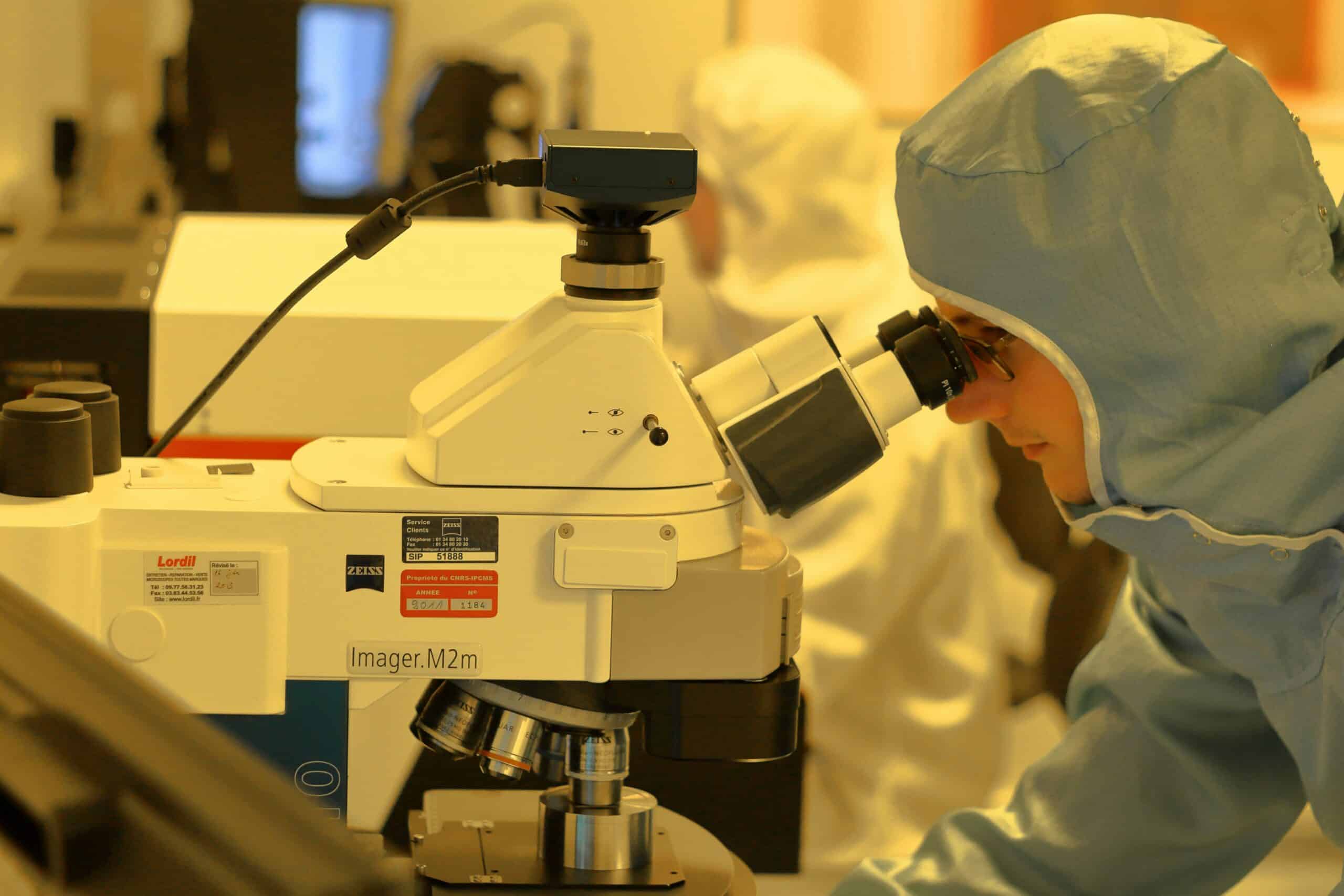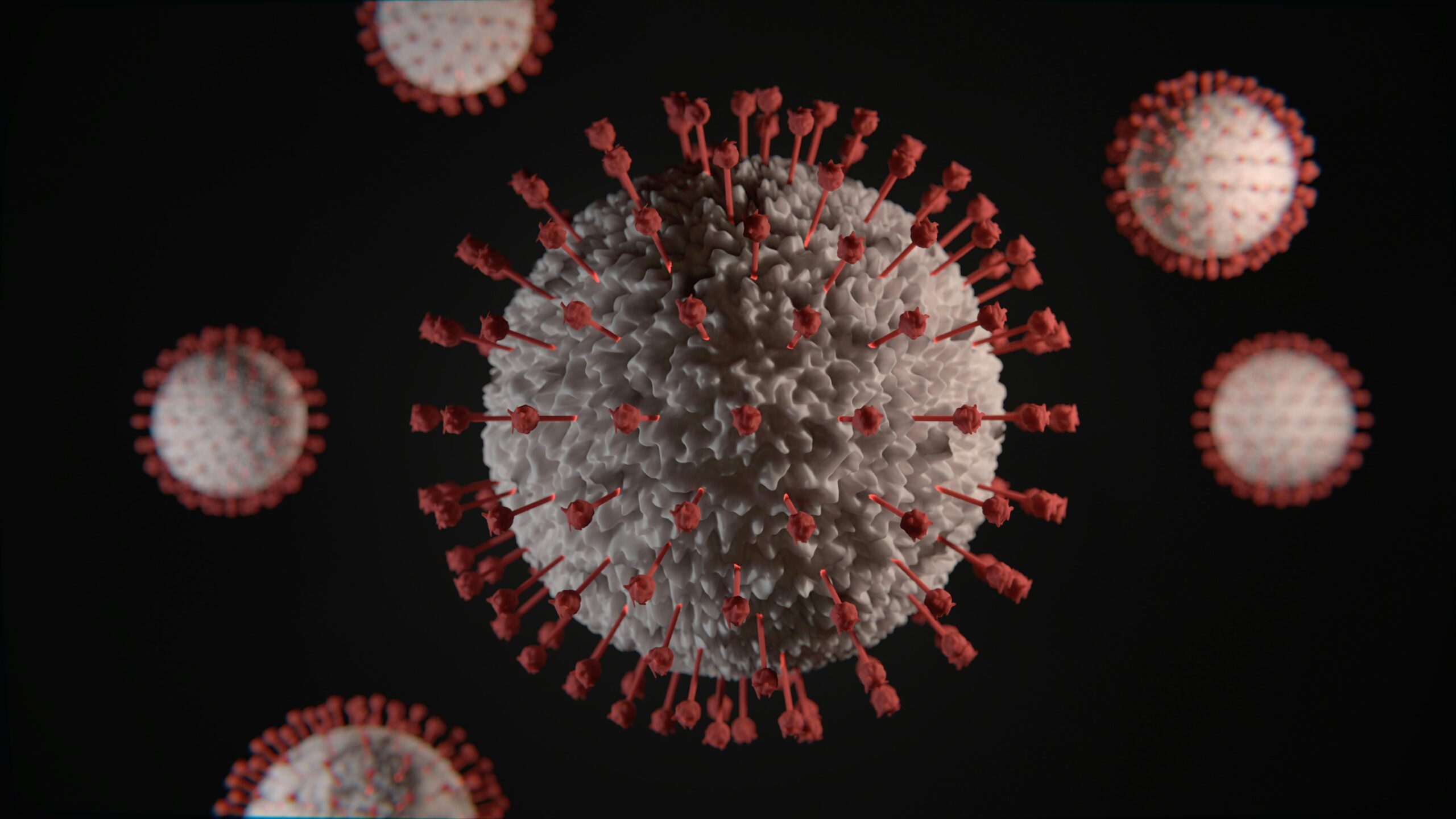
Science Impartiality (2025)
This survey examines the perspectives of academic scientists on academic integrity, their experiences with ethically questionable research practices, and their intentions to report suspected research misconduct. Findings explore the prevalence of different types of research misconduct in academic science, the underlying factors contributing to such behaviors, and effective management strategies.
Survey Overview and Demographics
General Overview
Study Date: 24.03.25–21.04.25
Geographic Coverage: United States
Expertise:
- 44.6% Biology
- 22.5% Public Health
- 11.4% Chemistry
- 10.7% Civil and Environmental Engineering
- 6.5% Geography
- 4.4% Computer and Information Science and Engineering
Response Overview
Sample Size: 1366
Valid Responses: 429
Response Rate: 31.8
Date initial findings posted: 07.22.25
Most recent update: 07.22.25
Days survey in field: 29
Average response time: 12.6 mins
Survey Demographics
Respondent Demographics:
- 40.6% Female
- 59.2% Male
- 100% Academic
- 0% Industry
Language(s): English
About the Survey
This survey examines the perspectives of academic scientists on academic integrity, their experiences with ethically questionable research practices, and their intentions to report suspected research misconduct. Findings explore the prevalence of different types of research misconduct in academic science, the underlying factors contributing to such behaviors, and effective management strategies.
Survey Sections
Survey Section 01
Research Misconduct: Sources and Experiences
In this section, we asked scientists about their opinions regarding activities that may or may not be considered research misconduct and possible causes.
Survey Section 02
Policies, Accountability, and Science-Society Interface
In this section, we asked scientists about their views on the adequacy of institutional policies for preventing research misconduct, the most effective actors in curbing misconduct, and scientists’ views on reporting misconduct. We also asked their opinions on the nature of science and ways to acquire scientific knowledge.
Survey Description
This national survey of academic scientists in the US was conducted by the Center for Science, Technology and Environmental Policy Studies (CSTEPS) at Arizona State University. The survey was approved by the Institutional Review Board at Arizona State University.
The sample for this survey were members of our SciOPS panel. The SciOPS panel was recruited from a random sample of PhD-level faculty in six fields of science. Contact information for academic scientist and engineers in the fields of biology, geography, civil and environmental engineering, chemistry, and computer and information science and engineering was collected from randomly selected Carnegie-designated Research Extensive and Intensive (R1) universities in the United States (US). Contact information for academic scientists in the field of public health was collected from all Council on Education for Public Health (CEPH) accredited public health schools. The full sample frame for recruiting the SciOPS panel includes contact information for 18,505 faculty members of which 1,366 agreed to join the SciOPS panel. This represents an AAPOR recruitment rate (RECR) of 7.5% (RR4).
This national survey obtained a total of 429 usable responses, representing an individual survey completion rate of 31.8% (RR4) and an AAPOR Cumulative Response Rate (CUMRR) of 2.4%.
Sample weighting and precision: The sample of respondents for this survey was weighted by the inverse of selection probabilities and post-stratified probabilities by gender, academic field, and academic rank to represent the full sample frame for recruiting SciOPS panel members as closely as possible. A conservative measure of sampling error for questions answered by the full sample of respondents is plus or minus 4.7 percentage points at a desired confidence interval of 95%.


